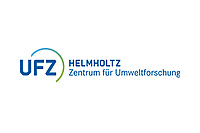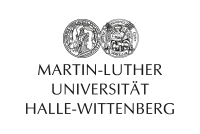Coexistence in a Changing World
In 1959, GE Hutchinson posed one of ecology’s most important and enduring questions: Why are there so many species? Answers to this question have a new urgency because of human-driven environmental change. New questions we address are: how will multiple environmental changes affect species diversity, and what are the consequences of losing species for ecosystems? How do the numbers and types of environmental change factors (nutrients, water, temperature, toxins, etc.) depend on each other, and what minimum level of complexity do we need to understand in order to predict species loss?
Please visit the PhyDiv Web Site
News of Physiological Diversity
13.06.2024 | Experimentelle Interaktionsökologie, TOP NEWS, Medienmitteilung, Physiologische Diversität, iDiv-Mitglieder, Biodiversitätsökonomik
09.02.2023 | Physiologische Diversität, Medienmitteilung, TOP NEWS, Molekulare Interaktionsökologie
07.02.2023 | Biodiversitätssynthese, Physiologische Diversität, TOP NEWS, Medienmitteilung
02.11.2022 | Medienmitteilung, Forschung, Physiologische Diversität, TOP NEWS, UFZ-News
Kontaktinformationen
Stan Harpole
Professor, Physiologische Diversität
- Deutsches Zentrum für integrative Biodiversitätsforschung (iDiv)
- Helmholtz-Zentrum für Umweltforschung – UFZ
- Martin-Luther-Universität-Halle-Wittenberg
Adresse: Puschstraße 4, 04103 Leipzig
E-Mail: stan.harpole@idiv.de
Telefon: +49 341 973 3171
Skype: stan.harpole



